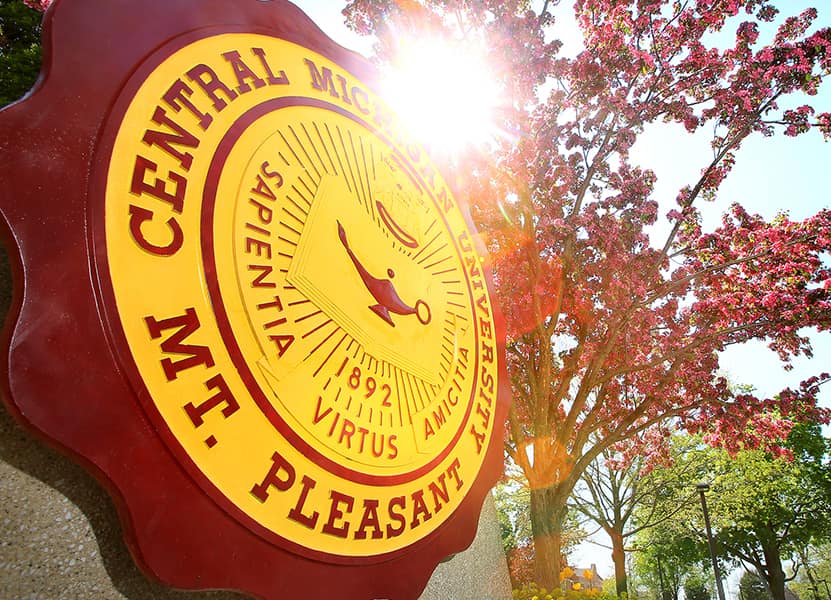Search Results
Arthur Shera Moral Re-Armament Collection, 1941-1950, and undated
.5 cubic feet (in 1 box)
The collection is organized alphabetically by type of material, and chronologically within folders. Most of the collection consists of local school newsletters, state and national newspaper clippings, news releases, 1941-1949 (Scattered), and the New World News magazines, 1945-1947, which document the interests, activities, and ideals of MRA.
Correspondence includes that to Arthur Shera and his family, 1944-1949, and from Arthur to Howard Davidson of New World News, 1945-1946, a MRA periodical, and to various people 1948-1949. Also included are mailing correspondence, press releases, forms, and programs,1946-1946, and undated, for Ideas Have Legs, which was first a book and later a play, which disseminated the ideals of the MRA.
Miscellaneous materials in the collection include an organizational history and biographical materials on Arthur Shera from a variety of online sources; Book Order Forms 1945-1947; Lists of Food for Europe from the Grand Rapids (Mich.) team, 1946; Lists of Names, 1944, 1947, and undated (these are likely various mailing lists, rather than a list of members), the very brief play, Where are you?, undated; and some miscellaneous poems by Arthur and other members of the MRA, 1945, 1947, and undated.
Augustus Herbert Gansser Papers, 1891, 1931, and undated
approximately 5 cubic feet (in 2 boxes, 3 Oversized volumes, 9 Oversized folders)
The collection richly documents Gansser’s experiences in the Michigan National Guard and veterans associations, as well as lists of Michigan soldiers killed in actions and troop rosters. The collection has a wide variety of photographs of encampments, officers, and units (group) photographs.
Michigan National Guard troops documented in this collection include: the 63rd Infantry; 125th Infantry; 32nd Division; 1st Battalion, 33rd Infantry, Company B; 119th and 120th Field Artillery, 32nd Division Band; and the 3rd Battalion, 125th Infantry. Camp MacArthur; Waco, Texas; the Division Headquarters for the 125th-128th infantries is also documented, as well as some general orders and circulars.
Gansser’s political career is documented in his Political Correspondence, 1905-1915, Correspondence and “Letters to the Editor,” 1911, and Correspondence from his Constituents, 1929. There is also Correspondence from Michigan Governor Fred M. Warner and Michigan Representative George A. Loud. A few drafts of his political Addresses (Speeches), 1911-1915, are also included in the collection.
Gansser’s activities in veterans groups, his non-political business interests, family correspondence, and two scrapbooks that belonged to his brother, Emil B. Gansser, complete the collection.
Automobile Collection, 1900-1991, and Undated
3 cubic foot (in 3 boxes, 1 Oversized flat box)
The collection includes miscellaneous materials from vertical files, advertising materials, black and white photographs, catalogs, manuals, newspaper clippings (copies), and other materials documenting car companies, trucks, racing, racecars, motorcycles, and the general history of automobiles.
Ball and McKee Records, 1835, 1908, and undated
3 cubic feet (in 3 boxes)
The collection includes many types of legal records, including: Estates, Divorces, Chancery Cases, and debt collection papers. Correspondence is from clients, lawyers, legal firms, banks, and various land offices. Some of the larger case files include those of the Bank of Lansingburgh (New York) and the Indian Mill Creek Salt Company (Grand Rapids, Mich.). Numerous land records include: State Tax Deeds, Indentures, Mortgages, Bounty Lands for Veterans and their widows, Deeds, Plat Maps, and Receipts for land. The firm had many clients in Michigan and New York (State).
McKee family records include family correspondence, 1840s-1874, undated; legal cases, and Aaron McKee’s (father of James McKee) inheritance case, 1856-1864. Also included is the 1862 license for Ball and McKee and a letter of protest over the removal of the soldiers’ memorial in Grand Rapids, 1908.
Processing Note: Personal materials of John Ball were apparently removed when this collection first came to the Clarke and became the John Ball Family Papers.
